
How to go Fishing for Bass while Camping
Finding the best spot to camp is one thing; having the fun of your life is another. While most campsites are stocked with facilities and spots that make camping adventurous and enjoyable, how much you know your way around those activities goes a long way to determine your fulfillment at the end of your camping exercise
Many people like to fish when camping, and catching a good bass can be a good highlight of the day – something to show off to your friend or lover, for self-fulfillment, or just to pass the time. And, of course, something to feast on after a good grilling.
Be careful, though, as not all campsites allow fishing in their water bodies. It is important that you find out the fishing rules, if there are any, and be willing to obey them all. You may even want to find out this before choosing a campsite, especially if you are particular about bass fishing as the ultimate camping experience.
Once you have all that settled, you are set for a great camping time, but not without knowing how to go about fishing for bass. And that is why this page is here for you, providing you with all the information you need on how to go fishing for bass while camping.
Here we answer questions like what you need for fishing, the best time for catching bass, and other essential fishing tips. You can take this as your ultimate guide for bass fishing while camping.
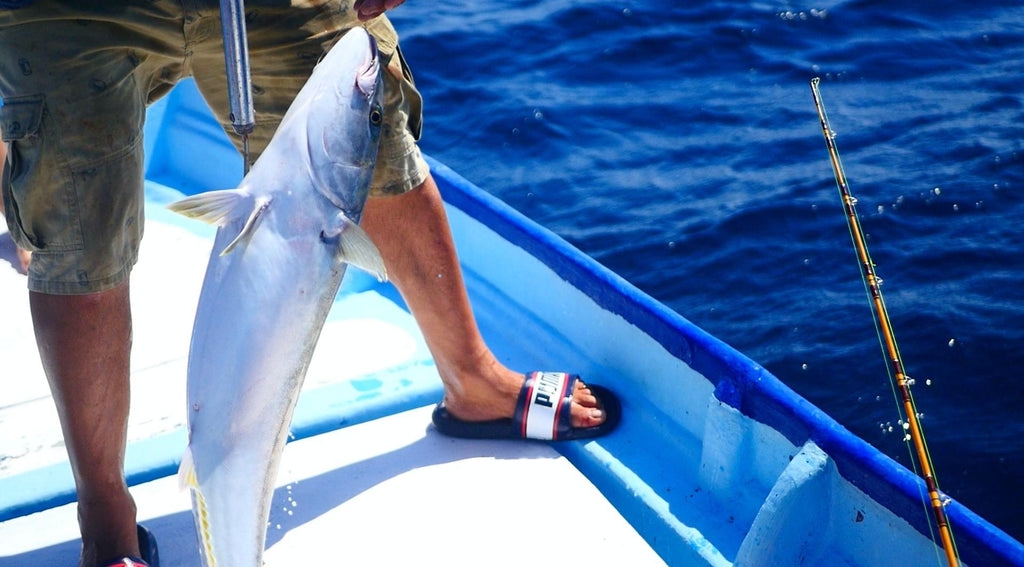
Bass Fishing
Fishing for bass is a sport, adventure, food source, occupation, and everything in between. The largemouth bass is the most common bass species for a fun catch. It is a very popular gamefish, featuring in tournaments and attracting anglers and campers who love fishing.
The largemouth bass itself is an interesting fish to relate with. You can observe them from miles ahead, leaping acrobatically out of the water and plunging back in a come-catch-me tease. And really, the fish doesn't surrender without a fight, making the task of catching them all the more interesting, with the need for the right fishing skills.
What is the Best Time to Catch Largemouth Bass?
The best times to fish for largemouth bass is at dawn and dusk. Early morning hours (5:00 am to 8: 00 am) and late evenings (5:30 pm to 7:30 pm)
The early summer periods into early fall are the best times to find largemouth bass readily on a seasonal scale. However, anyone can be lucky even during the dead winter. Spring also makes a good bass fishing season.
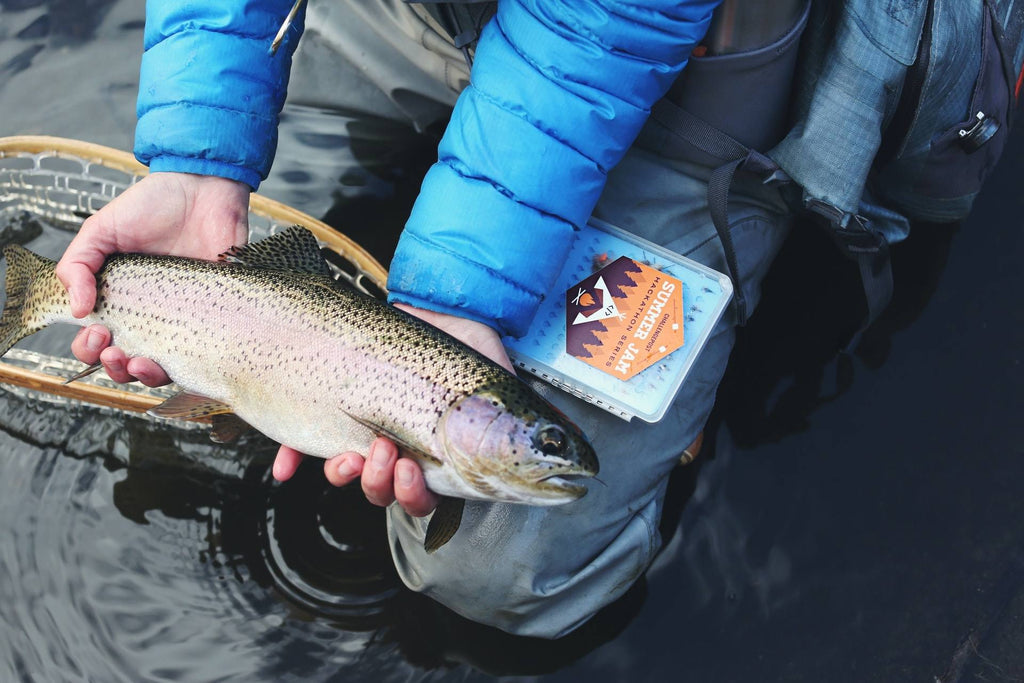
What do You Need for Bass Fishing?
Fishing for bass while camping is only a matter of having the essentials since it's not an expert game experience – just one of those activities on the campsite. Expert anglers who want to go for more rigorous fishing exercise already know what to pack, including the extras.
This list is for you, the simple camper who desires to catch a fish or two from the water. It contains all the basic but essential fishing tackle you need. It is important that you examine this list a few days ahead of your camping so you don't rush when packing and risk leaving some things behind.
-
1. Rod, Reel and Fishing Line
There are many types of rod, reel and fishing line sets, but the goal is to choose something that's simple, and you're most comfortable with. If it is particularly your first time going for largemouth bass, a decent fishing rod is all you need to make the first catch.
-
2. Those Tiny Metal Things: Hooks, Weights, and Split Rings
These are essentials for an even more smooth fishing experience. Adding weights to your fishing line is essential for getting it to go deep in the water, especially when you are using plastic bait that would prefer to float than sink instead. A weight within 1/8 oz to ½ oz would do just fine.
Hooks are important for gripping your bait and keeping the fish stuck to your line. A couple of drops shot or offset hooks will be just fine.
Some other items like split rings and barrel swivels will help keep your line straight by preventing annoying twists. You can also use them to create special fishing setups like the Carolina of Jika Rigs.
-
3. Baits
Of course, the baits! There are several types of them, from live baits like small fish and crayfish to plastic baits that imitate movements. Later on this page, you will find where we spoke extensively about baits, their kinds and which types you can go for.
-
4. A Good Source of Light
Although you do not want to appear all bright and scare all the fish away, a portable light source is an important item when camping. A good light source will help you find your way to the water or back, depending on when you are fishing (dusk or dawn). You may also want to survey your environment a bit with good light before settling down to avoid potential dangers.
Solar-powered generators like the Acevolt Campower are the best for camping and can help you charge your rechargeable light source. You may also want to leave home with a backup battery. Again, a solar battery is highly preferred.
Here's a list of other items that could come in handy for you when fishing:
- Pliers
- Scissors
- Weighing scale
- A fish grilling or barbecue set
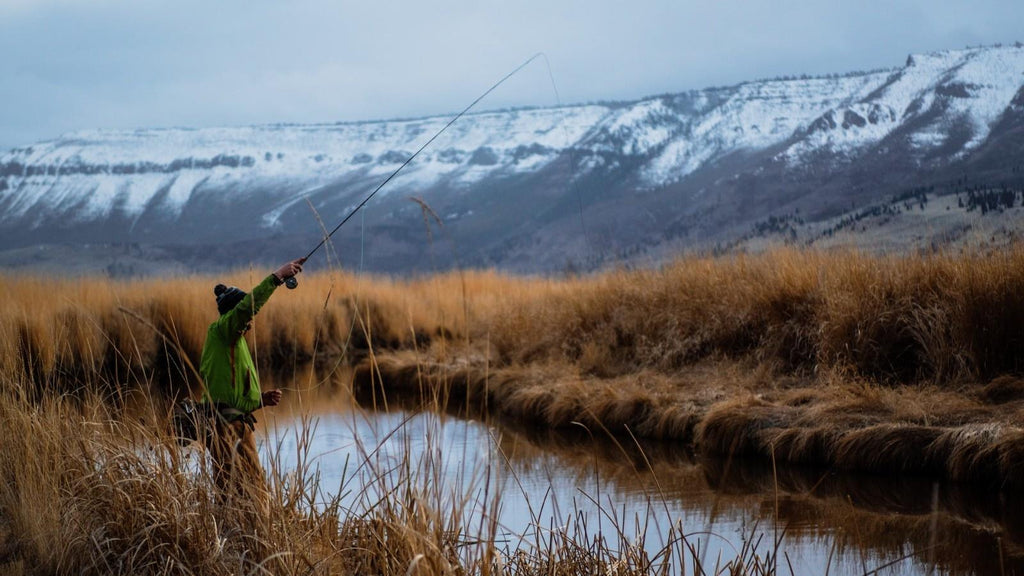
Tips for Fishing Bass while Camping
-
1. Get the Right Bait
Largemouth bass are carnivorous and feed on a wide variety of prey, often depending on their size. Hence, we can say your choice of bait can, to some extent, determine the size of bass you'll catch. Small largemouth bass feed on prey like insects, scuds, small shrimps, and tiny baitfish.
Their appetite appeals to larger water animals like frogs, snails, snakes, crawfish, water birds, baby alligators, and smaller fish as they grow bigger. Adult bass tend to live in larger lakes and go deeper in the water. They feed on fish like shad, sunfish, yellow perch, young catfish, trout, and so on. When it comes to prey, largemouth bass is not to be underrated. They can go for food greater than 50% of their body size.
Go for what bass would usually eat in choosing the perfect bait, like life crawfish, minnows, or shad. You can also try artificial baits. Some of them mimic typical largemouth prey, while others do not. Besides being potential food, other factors would make a bass go for the bait, such as wriggling movement and flashing light. You will most likely get a nice catch if you have baits that mimic these.
As a momentary camper, you can go for the artificial baits. You can consider several of them, like jigs, crankbaits, jerk baits, rubber prey baits, spinnerbaits, swimbaits, and rubber worms.
You can order baits online or visit a fishing store for a real-life feel of what the baits look like before you buy them.
-
2. Timing
Like we already mentioned, fishing for largemouth bass is best during the summer into fall seasons. During this period, bass abundance is at its peak as the weather is friendly, and the females are just done spawning the spring before.
However, we do not totally discourage fishing largemouth during winter. Only that it requires a bit more experience, patience or both, it's better to fish on winter afternoons than in the early mornings or evenings when it tends to get colder.
On every other day, the best time to go bass fishing is during dawn and dusk. It is important that you plan your camping activities right to effectively maximize these fishing periods.
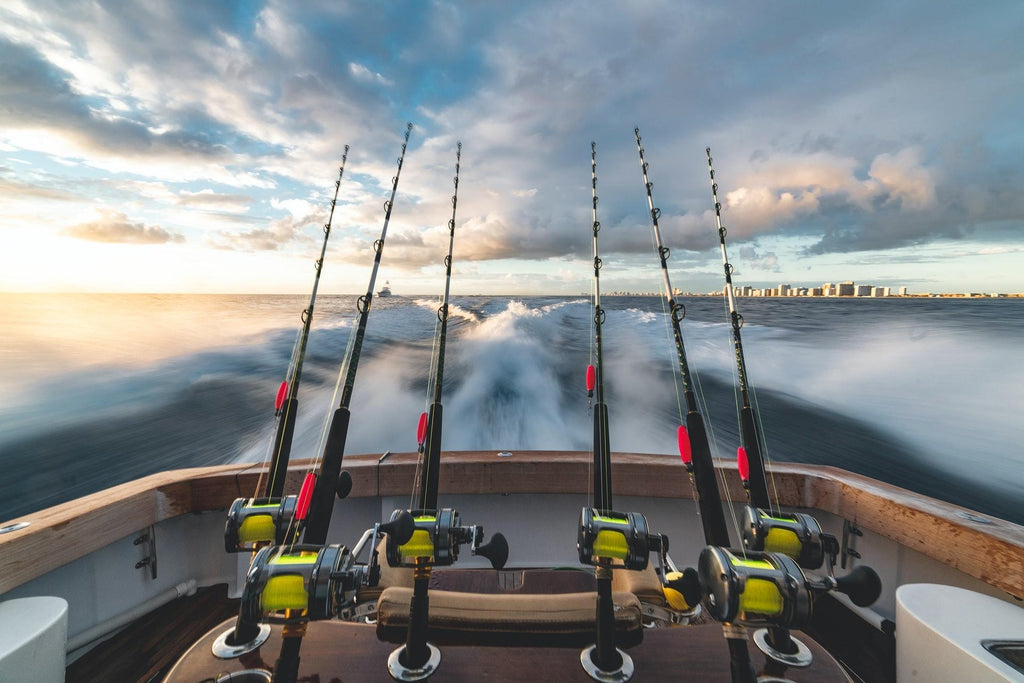
-
3. Consider your Fishing Style
Are you planning a surface, lazy fishing kind of thing, or do you want a more rigorous and adventurous experience deeper and further down the water? Answering this question can help you decide your fishing technique better and give you an idea of what a potential catch will look like.
During the spring, when bass are spawning, they come closer to the shore and can be caught readily during the fall and summer mornings. You will find them lurking around vegetation, fallen logs, and so on. You will be a more successful fisherman every other time when you go further and deeper into the water.
Also, some kinds of baits would work better during some seasons than others. In winter, bass are less energetic and would instead go for slower prey. Therefore, you may want to go for baits with less activity in the winter. They will be willing to jump on anything moving fast in the water that looks like their prey in the summer or spring.
-
4. Go for the Covered, Darker Sides of the Water
Except, of course, you want to experience fishing in the open water, you will do well fishing for bass in areas with enough vegetation to serve as cover. Target the areas that provide enough materials for the bass to hide in – brush plants, foliage, fallen trees, and so on.
However, fishing in these areas would mean you'll also have to choose your bait carefully. Bass rely more on their sense of sight than smell to catch prey. A too dark bait would be of no use since the bass would not be about to find it. You might want to consider baits that reflect light or emit flashing lights so that the fish will be attracted to them quickly.
Do exercise caution, though, when fishing in shady areas and go with a light source that you should have charged beforehand. Solar generators like the Acevolt Campower are handy for camping and would recharge most of your devices.
-
5. Mind the Temperature
Season aside, bass are temperature sensitive because they are cold-blooded animals. While they prefer warmer waters, their ideal temperature is between 55 and 65 degrees. That's more like a not too hot and not too cold water temperature.
When the weather is just setting in for warmth during spring, they get closer to the surface and begin to spawn. They stay closer to the surface until mid to late summer when the water temperature gets above 60 degrees, and they'd go deeper into the water.
They then return to the surface as fall sets in and the weather prepare for the long days of cold. They become the least active during winter, and catching them would become a matter of luck and experience.
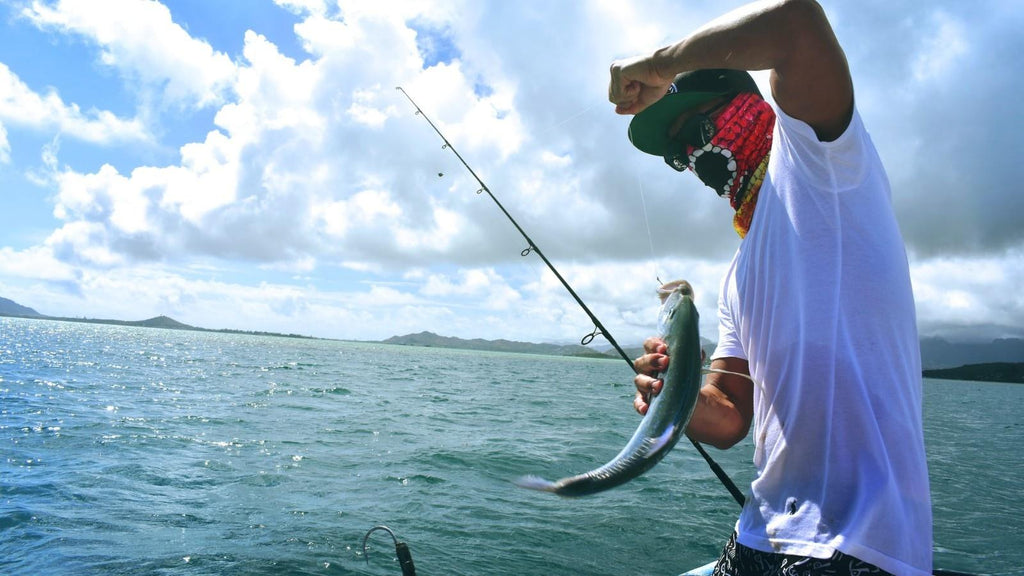
Conclusion
Whether you are an experienced bass angler or you are just trying out a new camping activity, bass fishing is rewarding for every kind of fisherman. But of course, this is only when you know just what to do. The good thing about largemouth bass is that they require no ceremonious fishing preparation or expertise. Just mind the season, the temperature, the bait, the water areas they prefer, and you're good to go! Let's go bass fishing, yea?























Leave a comment